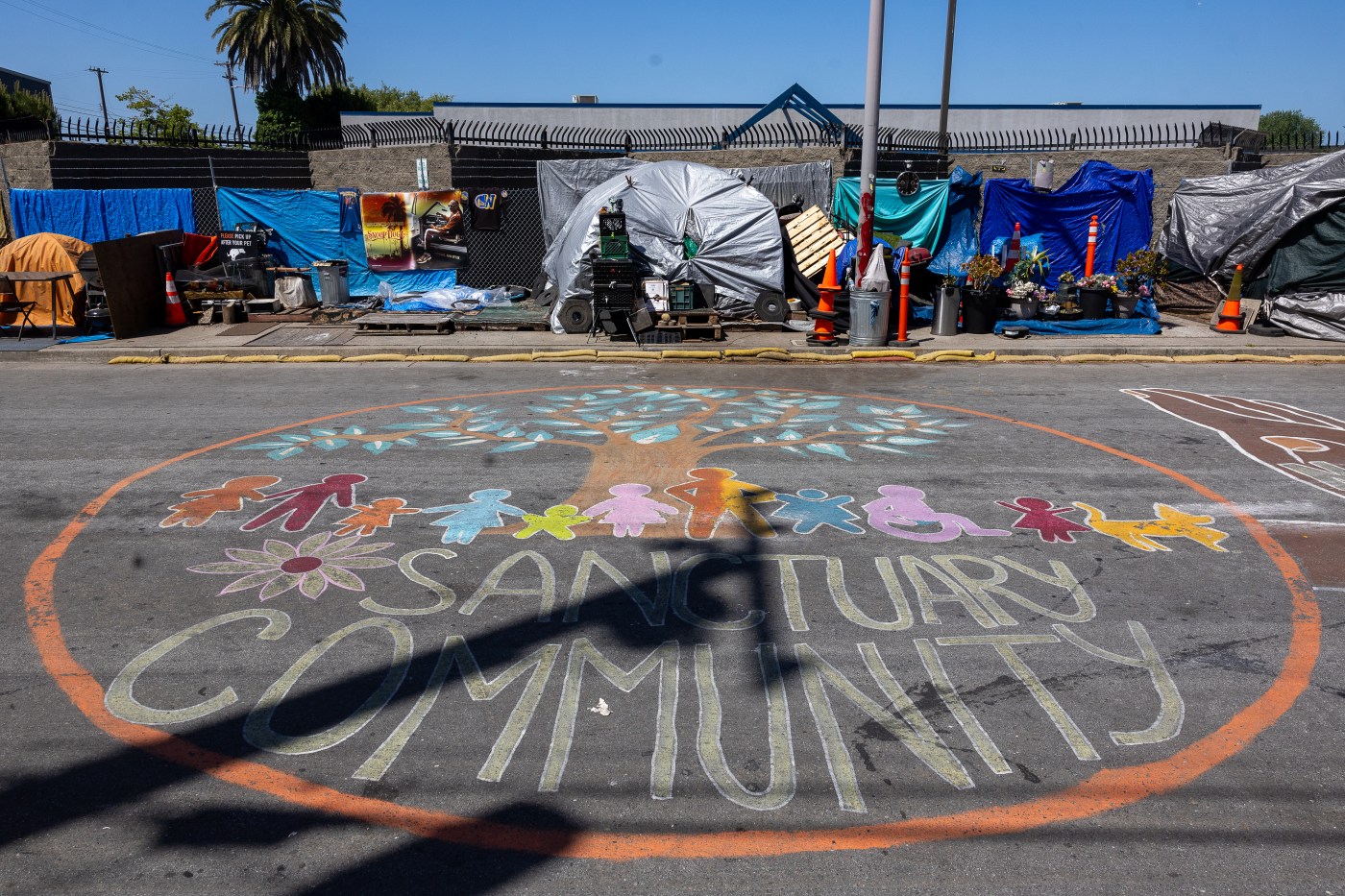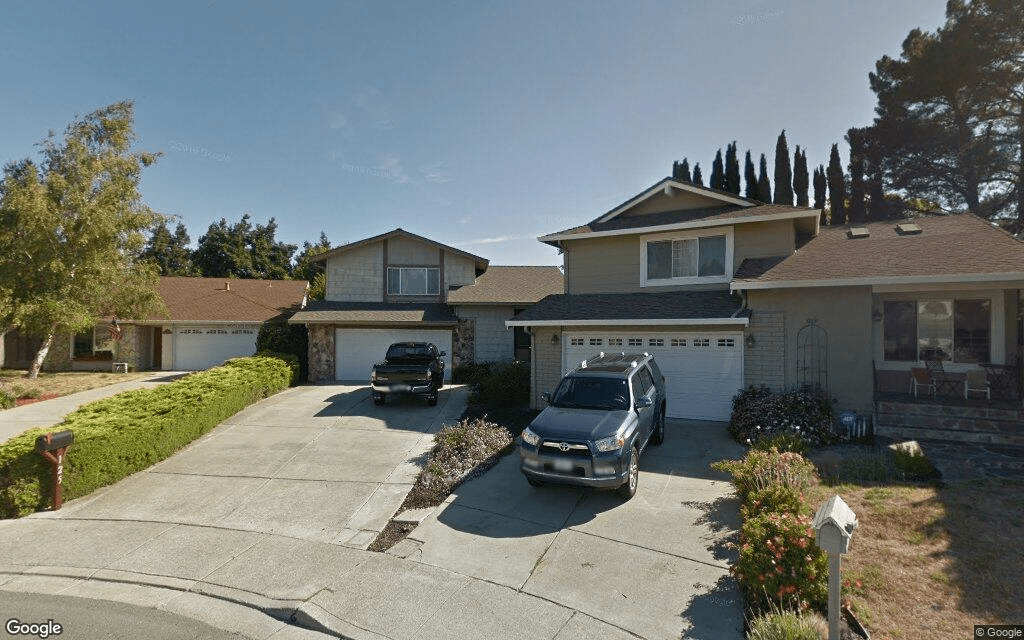BERKELEY — Better data collection, improved transparency and stronger coordination practices are all areas of growth for Berkeley’s Homeless Response Team, according to a report released by the City Auditor’s Office on Wednesday.
The new audit analyzed the operation of the team, including data, policies, outcomes and public reporting, from July 1, 2021, when it was first established, to June 30, 2024.
Related Articles
San Jose has just as many homeless people as it did two years ago, despite sheltering many of them
In a nation growing hostile toward drugs and homelessness, Los Angeles tries leniency
150 homeless shelter beds are likely headed to Oakland. Just not in Chinatown.
Fresh off testing presidential waters, Newsom announces new housing and homelessness agency
Bay Area cities are toughening up on homelessness. Under Mayor Barbara Lee, will Oakland follow suit?
Interested in better understanding the Homeless Response Team’s role in addressing and coordinating responses to encampments, the Auditor’s Office conducted interviews with city and county officials, outreach providers and homeless advocates, and compared the team’s work to best practices from other organizations and jurisdictions.
The analysis ultimately recognized that combatting homelessness in Berkeley is a larger challenge no single team can take on alone, but the Homeless Response Team could strengthen its work by standardizing the way it collects data, more regularly sharing that information with the public, expanding its reported outcomes and assessing the level of staffing needed to implement improvements.
“Addressing homelessness is a complex and ongoing challenge that requires not only dedication but also effective tools and collaboration,” said City Auditor Jenny Wong in a press release announcing the new audit. “The Homeless Response Team faces ongoing challenges that present opportunities for strengthening its procedures and improving transparency. Our recommendations are designed to support the team in building on its work by enhancing coordination, data sharing, and public reporting.”
Councilmembers established the Homeless Response Team under the Neighborhood Services Division of the City Manager’s Office. The team’s mission was to provide regular outreach to those living in encampments with the goal of moving them into more stable shelter while also helping to reduce the health and safety threats of homelessness to the broader community through cleanings and clearings.
Since the team’s creation and after investing millions of dollars into standing up temporary shelters, Berkeley saw a 45% decline in the number of unsheltered homeless residents in the city, from 803 people in 2022 to 445 people in 2024, according to Alameda County Point-In-Time Count data.
But the Homeless Response Team’s work hasn’t been without controversy.
Berkeley has faced multiple lawsuits in recent years from both advocates who argue the city’s clearing practices are destabilizing to unsheltered residents and violate their human rights, and business groups who assert the city has not done enough to address the health and safety risks encampments present.
Legal actions led the Homeless Response Team to pause some coordination meetings with service providers for more than a year, which caused at least one provider to lose track of their clients and delayed access to countywide systems that help connect encampment residents to shelter, according to the audit.
“When there are pauses in coordination, important information about residents’ needs can be missed. Providers such as street medicine teams and harm-reduction workers often have key insights that can improve service connections,” read the audit.
The audit noted the already under-resourced team had limited access to the county’s Homeless Management Information System, which is used to securely share client information across agencies. Without adequate access, the team was forced to keep data on internal spreadsheets, further hindering their ability to effectively coordinate encampment responses.
What data was tracked was also lacking, the audit found. The Homeless Response Team reports information, like the cumulative number of encampments closed and shelter spots offered, but information such as the number of shelter enrollments actually made and why someone may decline were not kept, nor was it broken down by quarter at the time of the audit.
Coordination meetings have since resumed and the Homeless Response Team has since gained access to the county information system where most of the client-level data has been added, according to the audit. The team has also developed procedures for how interactions between staff and encampment residents should be tracked.
Moving forward, the audit recommended the Homeless Response Team create a coordination structure for encampment related meetings to ensure communication is consistent; develop and document internal data collection procedures on team activities, including plans for regular data accuracy review; expand reported outcomes to better assess progress toward resolving unsheltered homelessness; improve how data is shared with the public; and assess what staffing is needed to effectively pursue the team’s mission.
The audit also recommended the team fully transition to a new mapping tool under the county’s information system called the Outreach module. The module helps providers to view and record encampment and client information.
Having reviewed a draft of the audit, city management agreed with the findings, conclusions and recommendations, according to the audit. City management responses, included in the audit report, committed to implementing most of the recommendations by August or September.
Fully implementing the Outreach module across all contracts won’t likely be complete until August 2028, when contracts are slated to be renewed. In the meantime, the Homeless Response Team plans to begin using the system internally for their case conference process and encouraging voluntary use of the module by partners.
They also intend to draw from that pilot period to develop policies and procedures that will enable the module to be used consistently and effectively, and to incorporate standards for tracking client data and goals.
“While full implementation will require future contract updates, we are proactively laying the groundwork for alignment across outreach providers and are committed to making progress in advance of formal contract changes,” read management’s response.
As for staffing levels, management said an analysis was already conducted in 2024 that found Neighborhood Services could use more division-wide analytical support, which was answered with the addition of an administrative assistant position. The council also recently agreed to add a third social services specialist position to the team in the 2025-26 budget, bringing the team to a total of four personnel.
Comparatively, Oakland has a similar response team that had more than two dozen dedicated personnel from a variety of city departments at the time of the 2024 analysis. Faced with a $20 million structural deficit, growing Berkeley’s team to such a level would come with major tradeoffs, staff said.
“Right-sizing the Berkeley Homeless Response Team to better meet the intensive demands of the work and the administrative, legal, and analytical work it engenders would require more dedicated staff both in Neighborhood Services and its various partner departments,” read management’s response. “However, adding more authorized positions to the City’s budget during a time of ongoing structural deficit would require tradeoffs without new dedicated revenues.”





